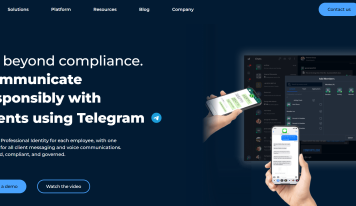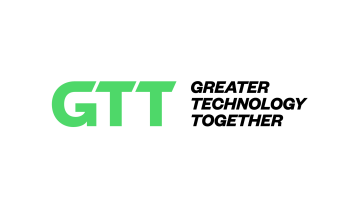After a whirlwind tour of SATCON and Content & Communications World which took place last week, 4G World and Interop which took place this week and over a hundred meetings, I find myself ruminating over numerous discussions about where things are headed – in terms of content, technology, entertainment and apps.
There are macro trends which are intersecting and diverging and as much as I would like to say I have 100% clarity about it all, I don’t – but I do believe I have enough observations to share in order to get investors and innovators thinking about what the future will look like.
Over the last 30 years the rise of cable and then satellite radio shows consumers will pay money for content and in many cases for the ability to reduce the amount of commercials they consume.
But this idea is under attack from yet another trend emerging over the last few years. That is free, ad supported services online which provide email, calendaring, weather, news and more. If you look at the massive growth rates of video – you see that ad-supported video from sites like YouTube are growing in popularity while traditional television viewing is declining in interest or at least stabilizing.
In May of this year, I wrote about how TV disruption may happen more slowly than we think – thanks to Bill Gurley of Benchmark Capital for providing lots of the support for the post. I got to thinking of this entry when reading another article from Rocketboom founder Andrew Baron discussing how HTML will be the future of TV. One general theme is that TV networks are ensuring the predictions of Gurley will come true. Baron’s piece is sort of a stream of consciousness connection to his mind – but the nugget pertaining to this discussion explains that TV networks are blocking their content from being seen anywhere but a web browser – especially via any sort of gizmo or technology such as Google TV which could easily replace a set-top box which is paid for.
In short- $32 billion of annual affiliate fees find their way to the networks each year from cable companies and service providers and as consumers drop their TV subscriptions, the revenue to the networks will decrease in proportion.
And with more and more interesting video content online and available for free, it seems that other than sports and major TV shows, the public will be happy to drop their monthly TV payments.
And this leaves Google with massive amounts of YouTube video content and a network of hundreds of thousands of advertisers – the primordial soup of a massive video advertising profit opportunity.
I realize the news of the day is the major networks fleeing from Google TV – but I wonder if they just aren’t delaying the inevitable – or perhaps they are waiting for the search giant to come up with some sort of revenue share model which they think is reasonable.
More and more vendors I speak with supplying software and equipment to carriers will tell you that service providers know (or at least should know) they will soon have their lunch eaten by web companies like Google and it is becoming common knowledge in the industry that advertising may have to become a major part of the future carrier revenue model.
When you consider the potential for white spaces/super WiFi to disrupt the broadband wireless market you understand that even wireless carriers may have to compete against a slew of new, low cost wireless providers in the future.
And again, this may mean ad-supported content and applications are the future model for all carriers and cable companies.
Is the Comcast/NBC deal becoming clearer now?
And Google owns the most-massive ad-network the world has ever seen – of course they would love to offer access to partners and share in the revenue.
It is unclear how anyone can compete effectively with the largest network of advertisers – we will see what Facebook can do to catch up – eventually we may see a Yahoo, AOL, Microsoft, Facebook, Twitter consortium to counterbalance the virtual advertiser monopoly of Google.
No conversation about the future of tech can be had without mentioning Apple so let’s take a moment to delve into this topic.
Cupertino still has the slickest products and UIs around and I love the sub-$1,000 price for the MacBook Air – it is almost a solid netbook competitor. It is worth noting that even though I despise the iTunes interface and suspect it was made by the last-gen BMW GPS UI creators, I use it now – having switched from Amazon because it is just so well-integrated into the company’s devices.
If this isn’t enough of a reason to think Apple may cajole us into paying for freely available TV, let’s remember we have also seen the company change the model for music downloading from happy-go-lucky, first-generation Napster and Kazaa-aided piracy to honest-to-goodness – sure, I’ll pony up a buck twenty-nine cents for a song.
But still, it seems the largest ad base is destined to win which means the future of broadband, entertainment and apps could belong to Google.
Of course, things change very fast in tech – if you are providing content or services and you aren’t in board rooms thinking about these things 24×7 you could end up toast.





